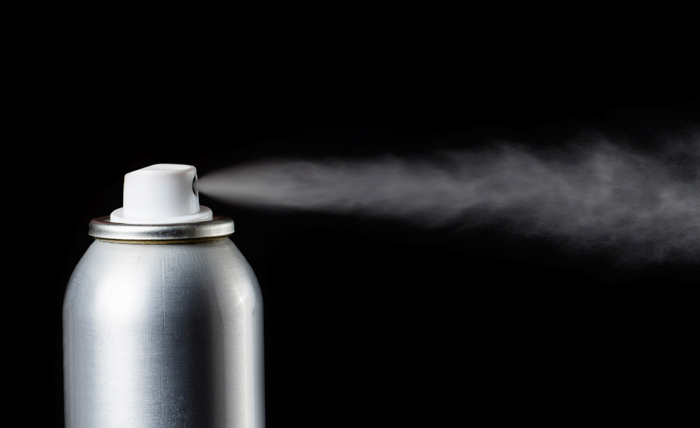
Ten things you can do to limit chemical estrogen exposure are:
1) Eat organic and avoid ingesting estrogenic pesticides and growth hormones
2) Use natural cleaning products. Chemical cleaners contain toxins and estrogen-mimicking compounds. Opt for plant-based cleaners. Don’t trust it just because it says “green” on the label. Check ingredients.
3) Use natural personal care products such as shampoo and conditioner. These are the same as cleaning products—don’t trust it just because it says “natural” on the label. Look for DBP, DEP, DEHP, BzBP, and DMP in the ingredients; all are chemical estrogens.
4) Avoid scented candles and air fresheners. Some may contain essential oils and are safe, but beware of the word “fragrance” because it may refer to hormone-altering chemicals.
5) Avoid plastic containers for food and water. Use glass and get a stainless steel water bottle. Plastic contains BPA, which mimics estrogen.
6) Never microwave or heat plastic. Under high temperatures is when BPA is most easily transferred from plastic to food. Use glass containers.
7) Don’t take receipts unless necessary. Almost half of paper receipts contain BPA and there’s evidence that cashiers have very high BPA levels. Say “no thanks” to receipts.
8) Use cloth bags when shopping. If you forget your cloth bags, opt for paper if you can.
9) Take Curcumin to help prevent cancer from chemical estrogens. This antioxidant is found in the spice turmeric and research has shown it can reduce chemical estrogen-induced growth of cancer cells. It also helps prevent damage quinone production during the detox process.
10) Take Limonene to increase the enzymes needed in the liver that detoxify estrogen. It is the antioxidant that is found in the oil of citrus fruits and tomatoes. If you get an estrogen detox supplement, it will likely contain limonene.